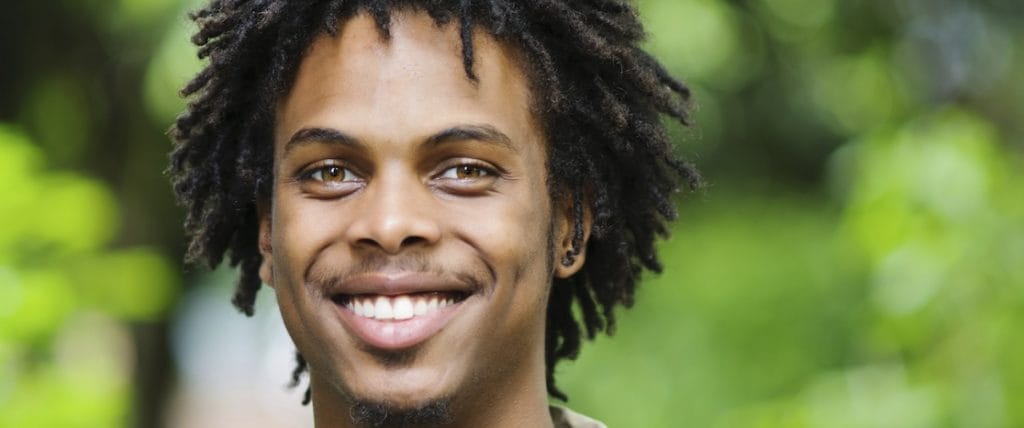Decriminalizing pot is an action that many municipal governments have taken, but the term is confusing. Despite how it sounds, decriminalization is not the same as legalization. Attitudes toward marijuana are constantly shifting, as well as the laws that parallel them, and it becomes more and more important to understand what it all means. Decriminalization is in the news now, as Philadelphia has become the largest city in the U.S. to take this step.
What Is Decriminalization?
As the so-called war on drugs rages with little impact on the number of people using, getting addicted to or overdosing on substances, a shift is happening. Taking a hard line on drug crimes hasn’t worked. It has put millions of people behind bars, many of whom would be better served by treatment. More people are realizing that the war is really on addicts, not the drugs themselves. Voters are passing laws that legalize medical marijuana, and two states have legalized the drug for recreational use. Cities often take the step of decriminalizing pot rather than legalizing it. Legalization means making a drug legal but with restrictions. For instance, alcohol is legal to own and to drink, but there are limits. You have to be 21 to drink, and you can’t drink and operate machinery or a vehicle. Decriminalizing marijuana does not make it legal. It simply means that if you are found to have a small amount of pot for personal use, you will not be charged with a criminal offense or face jail time. However, you can be given a citation and a fine. Each city sets the punishments and defines how much of a drug one can possess without it becoming a criminal matter.
Philadelphia and Decriminalized Pot
Philadelphia Mayor Michael Nutter has just signed a bill to decriminalize small amounts of marijuana in the city. The new law makes possession of 30 grams of pot, (approximately 1 ounce) or less a non-criminal offense. A fine of $25 is set for possession, with that fine increasing to $100 for smoking marijuana in public. Those unable to pay may instead choose to do nine hours of community service. The city council member who brought the bill to the table cited the skewed arrest statistics for marijuana possession as a prime motivator for the decriminalization. More than 4,000 people are arrested in the city each year for having small amounts of marijuana, and 83 percent of those are black or Latino. A criminal arrest can be devastating, and many people believe that it is a punishment that does not fit the relatively minor crime of possession. The move by Philadelphia’s council and mayor make it the largest city in the U.S. to decriminalize a small amount of pot. Users still take a risk, however, by possessing marijuana. It is still a criminal offense according to federal law. But the city council, mayor and other supporters of the bill are hopeful that it will make a difference in the lives of some residents. They hope to have fewer arrests and to start to level the playing field between white marijuana users and those who are African American or Latino.

